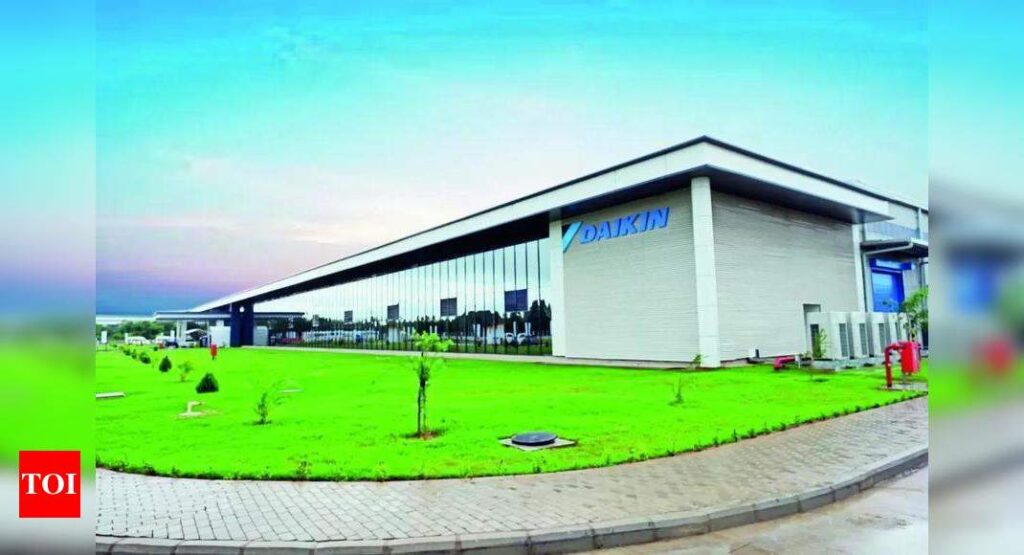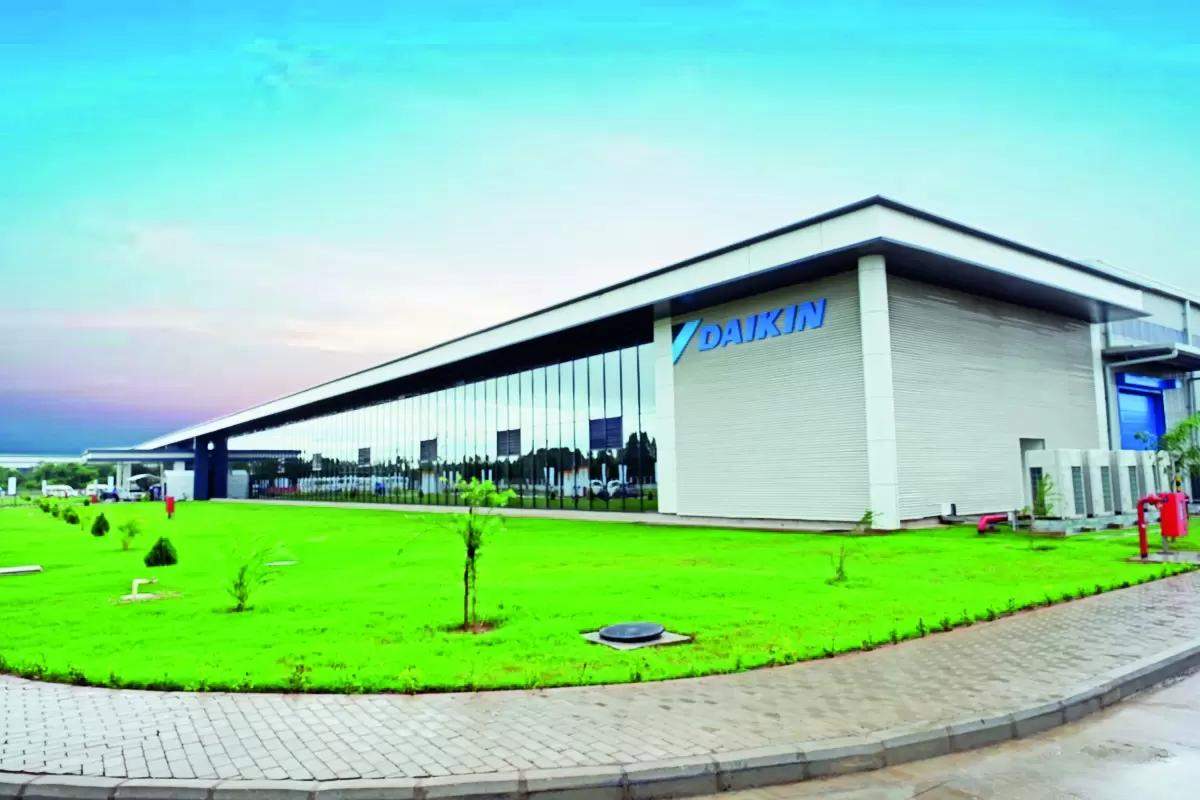[ad_1]
According to a report by the news agency Reuters, the Osaka-based Daikin is planning to make 10 million air conditioners for homes in the current financial year. The company has announced its partnership with a Japanese design company to customise logic chips for inverters which are used in its air conditioners. These inverters control an air conditioner’s motor to save energy.
How custom chips will help Daikin
A Daikin executive claimed that custom chips are more expensive than off-the-shelf alternatives which are easily available. However, these chips will offer better energy efficiency and allow a reduction in the use of other components.
In an interview, Yuji Yoneda, general manager of Daikin’s technology and innovation centre said: “To bring out the full performance of an air conditioner’s compressor and motor, we need to improve chip performance or we will hit a limit,”
Starting in 2025, Daikin is planning to start introducing these chips in high-end air conditioners. The company is also looking at using them in about a fifth of units by the end of the decade.
As per the report, the Japanese company is also working on customised power modules, which also help in managing the air conditioner’s electricity supply. The report notes that Daikin has been hiring engineers from the chip industry to work on customisation.
Meanwhile, the company is also trying to cope with competition due to an influx of investment in the domestic semiconductor industry. Daikin believes that an increased focus on energy efficiency will help them to compete in the market. As per the International Energy Agency data, the number of air conditioners globally is expected to more than triple to 5.6 billion units by 2050.
[ad_2]
Source link











More Stories
Google Maps: Three privacy features coming to Google Maps on Android, iPhones
Most-Downloaded IPhone App: This Chinese app was the most-downloaded iPhone app in the US in 2023
Ukraine’s largest mobile operator goes offline for millions of users after cyber attack